American Horticultural Society Reveals the 2020 Great American Gardeners
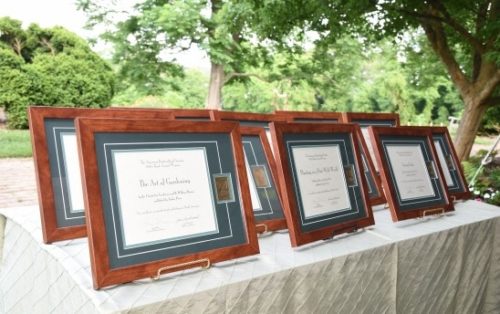 The American Horticultural Society (AHS) today announced the distinguished recipients of the 2020 Great American Gardeners Awards. Individuals, organizations, and companies that receive these awards represent the best in American gardening and horticulture. Each has contributed significantly to fields such as plant research, garden communication, landscape design, youth gardening, community greening, and teaching.
The American Horticultural Society (AHS) today announced the distinguished recipients of the 2020 Great American Gardeners Awards. Individuals, organizations, and companies that receive these awards represent the best in American gardening and horticulture. Each has contributed significantly to fields such as plant research, garden communication, landscape design, youth gardening, community greening, and teaching.
Among this year’s winners is James P. Folsom of The Huntington Library, Art Collections, and Botanical Gardens, who is receiving the AHS’s highest honor—the Liberty Hyde Bailey Award—for his achievements in botanical garden and public horticulture leadership. The AHS applauds all of this year’s recipients for their passionate commitment to American gardening and their outstanding achievements within their area of expertise.
This year’s Great American Gardeners Award recipients are:
* LIBERTY HYDE BAILEY AWARD – The American Horticultural Society’s highest award, the Liberty Hyde Bailey Award is given to an individual who has made significant lifetime contributions to at least three of the following horticultural fields: teaching, research, communications, plant exploration, administration, art, business, and leadership.
James P. Folsom, Telleen/Jorgensen Director of the Botanical Gardens, The Huntington Library, Art Museum, and Botanical Gardens, San Marino, Calif.
* JANE L. TAYLOR AWARD – Given to an individual, organization, or program that has inspired and nurtured future horticulturists through efforts in children’s and youth gardening.
Grow Dat Youth Farm, New Orleans, La.
* COMMUNITY GREENING AWARD – Given for exemplary contributions by an individual, institution, or company that demonstrate the application and value of horticulture to creating livable communities that are greener, healthier, and more equitable.
Cornell Cooperative Extension of Monroe County’s Blocks in Bloom program, Rochester, N.Y.
* EMERGING HORTICULTURAL PROFESSIONAL AWARD – Given in the early stages of an individual’s career, this award recognizes significant achievements and/or leadership that have advanced the field of horticulture in America.
Jessica B. Turner-Skoff, Treeologist-Science Communication Leader, The Morton Arboretum, Lisle, Ill.
* LANDSCAPE DESIGN AWARD – Given to an individual whose work has demonstrated and promoted the value of sound horticultural practices in the field of landscape architecture.
Leslie Bennett, Principal, Pine House Edible Gardens, Oakland, Calif.
* B.Y. MORRISON COMMUNICATION AWARD – Recognizes effective and inspirational communication—through print, radio, television, and/or online media—that advances public interest and participation in horticulture.
Ciscoe Morris, Garden Communicator, Gardening with Ciscoe, Seattle, Wash.
* PROFESSIONAL AWARD – Given to a public garden administrator whose achievements throughout his or her career have cultivated widespread interest in horticulture.
Charles “Chipper” Wichman, Jr., President, CEO, and Director, National Tropical Botanical Garden, Kalaheo, Hawaii.
* TEACHING AWARD – Given to an individual whose ability to share his or her horticultural knowledge with others has contributed to a better public understanding of the plant world and its important influence on society.
Barry Fugatt, Director of Horticulture, Tulsa Garden Center, Tulsa, Okla.
* PAUL ECKE JR. COMMERCIAL AWARD – Given to an individual or company whose commitment to the highest standards of excellence in the field of commercial horticulture contributes to the betterment of gardening practices everywhere.
Steve Castorani, Owner and Chief Financial Officer, North Creek Nurseries, Inc., Landenberg, Pa.
* FRANCES JONES POETKER AWARD – Recognizes significant contributions to floral design in publications, on the platform, and to the public.
Nancy Ross Hugo, Floral Designer, Ashland, Va.
* H. MARC CATHEY AWARD – Recognizes outstanding scientific research that has enriched the field of horticulture.
Dr. Michael J. Balick, Vice President for Botanical Science, Director and Philecology Curator, Institute of Economic Botany, The New York Botanical Garden, Bronx, N.Y.
* HORTICULTURAL THERAPY AWARD – Recognizes significant contributions to the field of horticultural therapy.
Catharine McCord, Horticultural Therapist, Denver Botanic Gardens, Denver, Colo.
* LUTHER BURBANK AWARD – Recognizes extraordinary achievement in the world of plant breeding.
Dan Heims, President, Terra Nova Nurseries, Canby, Ore.
* MERITORIOUS SERVICE AWARD – Recognizes a past Board member or friend of the American Horticultural Society for outstanding service in support of the Society’s goals, mission, and activities.
J. Landon Reeve, IV, Founder, Chapel Valley Landscape, Woodbine, Md.
On Thurs., June 18, 2020, the AHS will honor these award recipients during the Great American Gardeners Awards Ceremony and Banquet, held at the Society’s River Farm headquarters in Alexandria, Va.
For more information on this year’s recipients, please visit our 2020 Award Winners. Photographs of the award winners and additional information about the awards program are available upon request by contacting Erika Christ at (703) 768-5700 ext. 138 or echrist@ahsgardening.org.
About the American Horticultural Society
Founded in 1922, the American Horticultural Society is a nonprofit, 501(c)(3) organization committed to modeling, educating about, and advocating for earth-friendly and sustainable gardening practices. Our mission is to share with all Americans the critical role of plants, gardens, and green spaces in creating healthy, livable communities and a sustainable planet. Since 1973, we have been headquartered at River Farm, one of George Washington’s original five farms that’s situated on a 25-acre site composed of gardens, meadows, and woodlands along the Potomac River in the Mount Vernon section of Fairfax County. To learn more, visit https://ahsgardening.org.
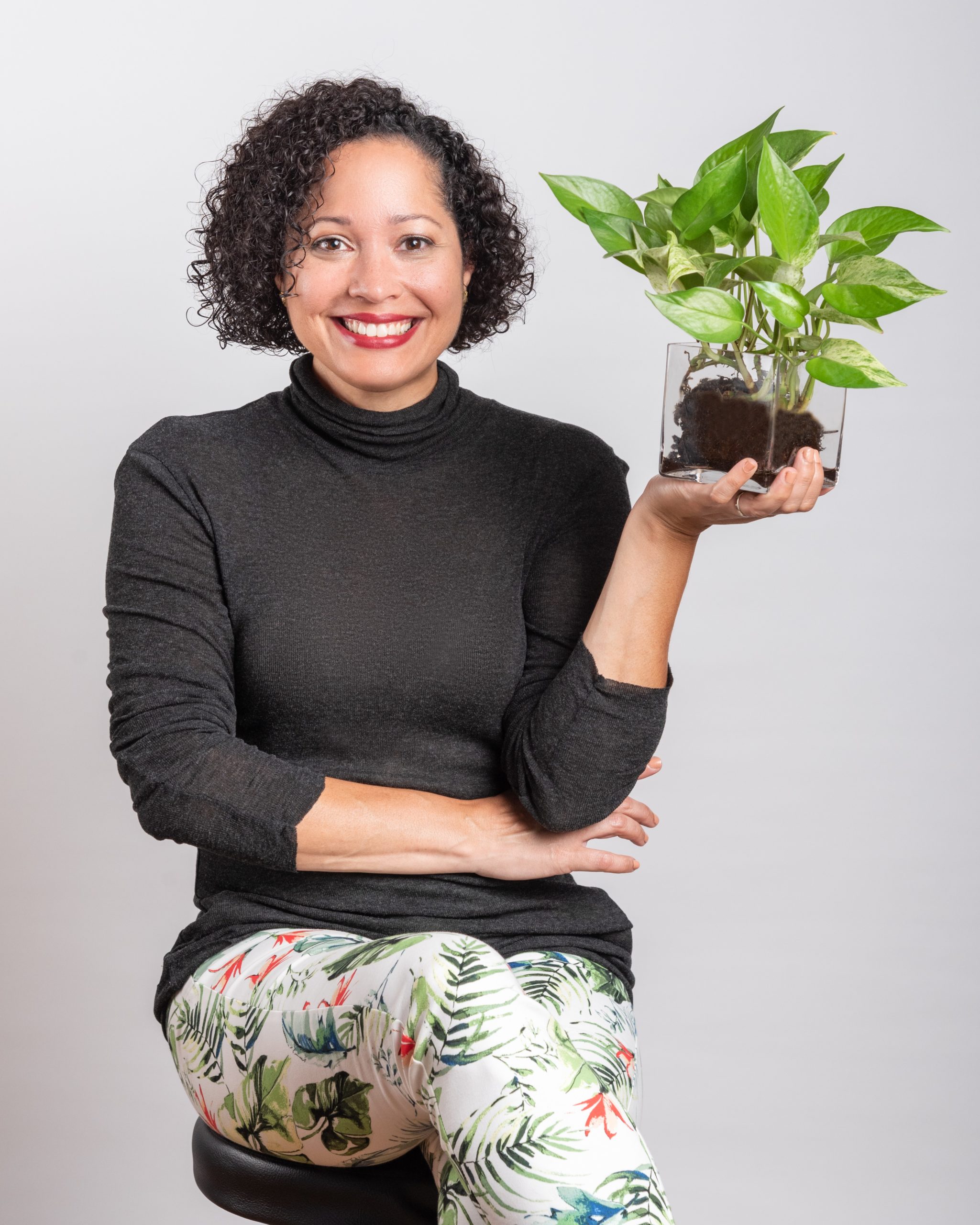 On this episode of the Green Industry Leaders Network podcast David Ellis, Director of Communications and editor of The American Gardener magazine guest hosts with Chris Sabbarese of Corona Tools. Since 1953, the American Horticultural Society has been recognizing excellence in communications for individuals who are effective and inspire others to participate in horticulture. The B.Y. Morrison Communication Award is one of the annual Great American Gardeners Awards. It is named for Benjamin Yoe Morrison (1891-1966), landscape architect, plant breeder, and artist. Morrison was editor of National Horticultural Magazine, a precursor to The American Gardener for nearly 40 years. David shares some insights on this prestigious award and introduces the 2021 BY Morrison award winner, Perla Sofía Curbelo-Santiago of Agrochic, based in Puerto Rico. She’s a professional communicator with vast experience in radio, television, and newspapers. She’s also certified in Horticulture Therapy (2019) from the Chicago Botanic Garden.
On this episode of the Green Industry Leaders Network podcast David Ellis, Director of Communications and editor of The American Gardener magazine guest hosts with Chris Sabbarese of Corona Tools. Since 1953, the American Horticultural Society has been recognizing excellence in communications for individuals who are effective and inspire others to participate in horticulture. The B.Y. Morrison Communication Award is one of the annual Great American Gardeners Awards. It is named for Benjamin Yoe Morrison (1891-1966), landscape architect, plant breeder, and artist. Morrison was editor of National Horticultural Magazine, a precursor to The American Gardener for nearly 40 years. David shares some insights on this prestigious award and introduces the 2021 BY Morrison award winner, Perla Sofía Curbelo-Santiago of Agrochic, based in Puerto Rico. She’s a professional communicator with vast experience in radio, television, and newspapers. She’s also certified in Horticulture Therapy (2019) from the Chicago Botanic Garden.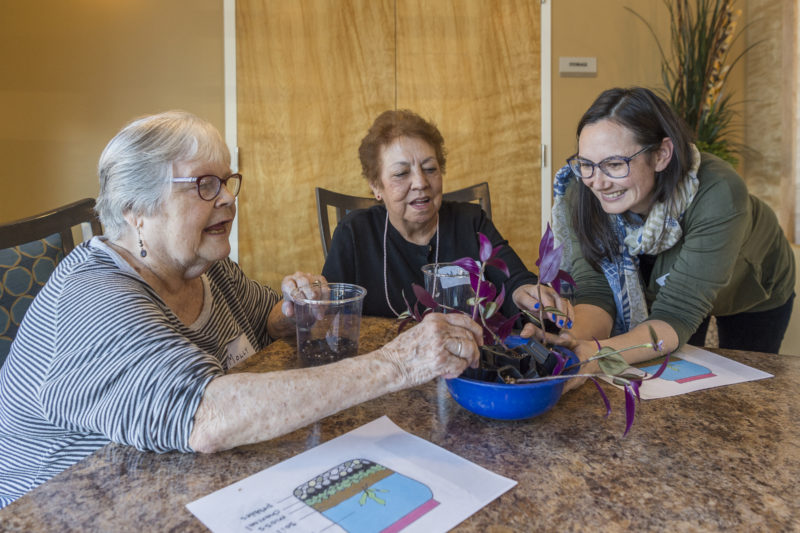
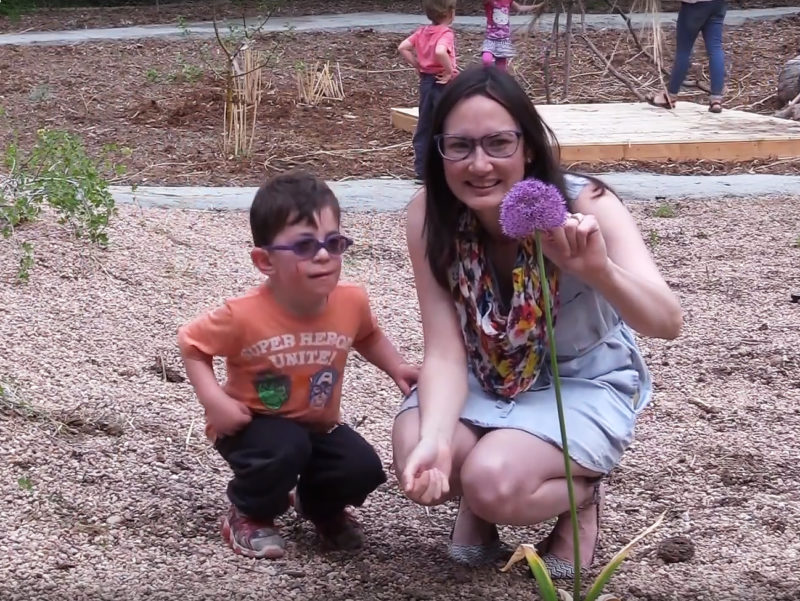 If you and your children are having trouble focusing on schoolwork or any other indoor tasks, take a break to look out a window or go outside and allow your senses to explore. Move around outside with your whole body and make some loud noises. Take walks,
If you and your children are having trouble focusing on schoolwork or any other indoor tasks, take a break to look out a window or go outside and allow your senses to explore. Move around outside with your whole body and make some loud noises. Take walks, 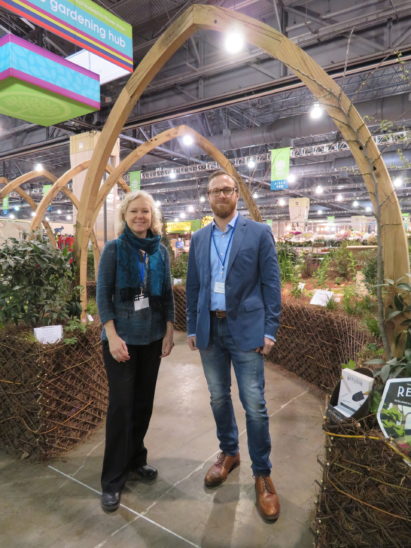
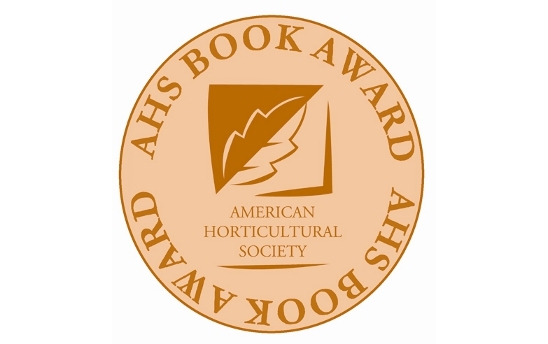
 The American Horticultural Society (AHS) today announced the distinguished recipients of the 2020
The American Horticultural Society (AHS) today announced the distinguished recipients of the 2020 